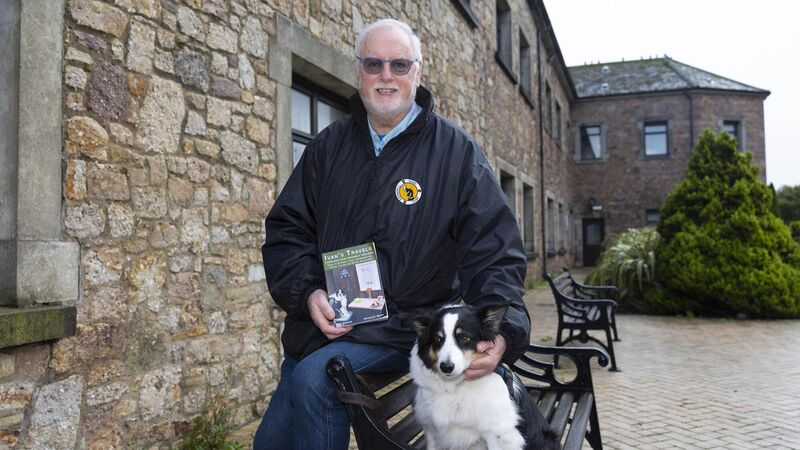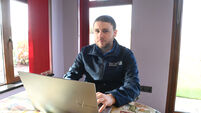What a Difference a Day Makes: 'I was prepared to end it all — my dog is the reason I'm here today'

Pictured is Tony Walsh, Wexford Town, Tony is pictured with his dog Ivan, and his book. Photograph: Patrick Browne
There was a day I decided there was no point anymore. I wanted to end all the pain. I was nine. My dad had died less than a year earlier.
He’d had a run-in with our primary school sometime previously. He took my sisters out of the school, I was left. The teacher took all his anger out on me — beating me regularly in an empty classroom.










